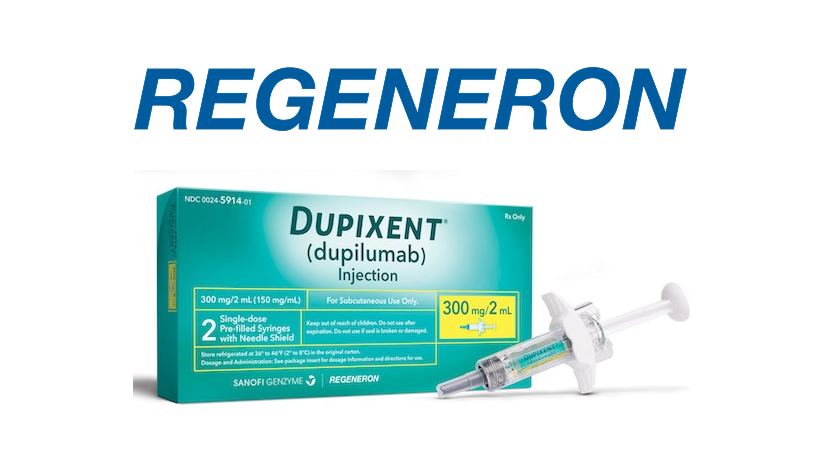Regeneron’s Dupixent Receives European Commission Approval After Strong Phase 3 Trial Results As First-Line Targeted Therapy For Chronic Spontaneous Urticaria
EU approves Dupixent as first-line targeted therapy for chronic spontaneous urticaria, offering significant itch and hive reduction for patients 12+.
Breaking News
Nov 27, 2025
Vaibhavi M.

Regeneron and Sanofi have announced that the European Commission has approved Dupixent® (dupilumab) for treating moderate-to-severe chronic spontaneous urticaria (CSU) in adults and adolescents aged 12 and older who do not respond adequately to H1 antihistamines and have not previously received anti-IgE therapy. With this decision, eligible patients can now access Dupixent as a first-line targeted therapy for CSU.
“Standard-of-care, first-line treatment options like antihistamines offer limited relief for many people living with uncontrolled chronic spontaneous urticaria, leaving them to face unrelenting cycles of itch and hives,” said Alyssa Johnsen, M.D., Ph.D., Global Therapeutic Area Head, Immunology Development at Sanofi. “Dupixent significantly reduced these symptoms of CSU and led to more patients experiencing well-controlled disease or a complete response compared to placebo in two Phase 3 studies. Now, eligible patients with CSU in the EU have a new option that is proven to reduce itch and hives.”
The approval is supported by results from the LIBERTY-CUPID Phase 3 trial program, which evaluated Dupixent as an add-on to standard antihistamines. In Studies A and C, involving 284 symptomatic patients naïve to anti-IgE therapy, Dupixent showed meaningful improvements across key measures—including reductions in itch, hives, and overall urticaria activity—at week 24 compared with placebo. The treatment also increased the number of patients achieving well-controlled disease and complete symptom response. Study B provided additional safety data in 108 patients who had inadequate response or intolerance to anti-IgE therapy.
“The approval of Dupixent for certain adults and adolescents with chronic spontaneous urticaria in the European Union represents the first innovation for patients with this disease in over a decade,” said George D. Yancopoulos, M.D., Ph.D., Board co-Chair, President and Chief Scientific Officer at Regeneron, and a principal inventor of Dupixent. “Physicians now have a new approach for CSU with Dupixent, as the only treatment that inhibits IL-4 and IL-13, two key drivers of type 2 inflammation, and can offer patients significant improvement in debilitating itch and hives. This approval further demonstrates the ability of Dupixent to advance the treatment landscape for yet another chronic type 2 inflammatory disease, with a well-established safety profile across its indications.”
Safety findings across all three studies aligned with the known profile of Dupixent, with commonly observed adverse reactions including injection site reactions, conjunctivitis, arthralgia, oral herpes, and eosinophilia. In CSU-specific trials, additional injection-site–related reactions were reported. Several events, such as injection site reactions, COVID-19, hypertension, and accidental overdose, occurred more frequently with Dupixent than with placebo.
“The unpredictable nature of chronic spontaneous urticaria leaves patients guessing when they’ll have their next outbreak of disruptive, debilitating hives and itch, which can make life challenging,” said Tonya Winders, President & CEO, Global Allergy & Airways Patient Platform. “Dupixent is proven to reduce these intense symptoms and has the potential to make a positive impact on people struggling to control this disease.”
Outside the EU, Dupixent is already approved for CSU in certain adult and adolescent populations in regions including the U.S. and Japan. CSU remains a challenging inflammatory skin condition, and many patients continue to suffer symptoms despite antihistamines, leaving them with few therapeutic alternatives. More than 270,000 people aged 12 and above in the EU experience CSU that is inadequately managed with existing antihistamine treatments.
